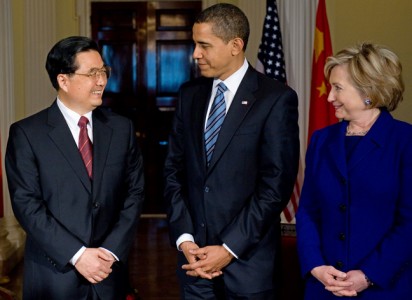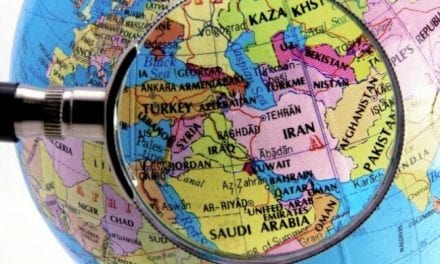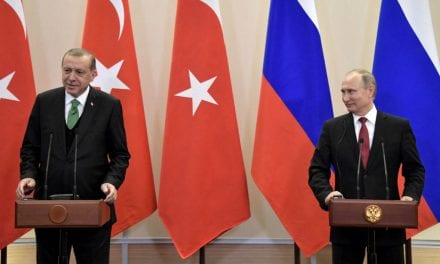by Zaid Jilani
President Obama is expected to announcewithin a week if and how many combat troops he plans to withdraw from the war in Afghanistan. Some of those who will be most impacted by the decision are U.S. soldiers and their families and Afghans who have been dealing with the ramifications of the war for nearly a decade.
Yet the war is affecting more than just Western soldiers and their families and Afghan citizens. It has become a costly drain on our nation’s treasury; the money that is being spent on the war represents resources that are being drained away from important domestic priorities in a nation with sky-high unemployment and crumbling infrastructure.
Using data from the National Priorities Project, ThinkProgress calculated ten investments America could’ve afforded if it didn’t spend $113 billion — the allotment made in Fiscal Year 2011 — on the war in Afghanistan. Each one of these policy options represents an equivalent $113 billion cost:
– Provide 57.5 Million Children With Low-Income Health Care For 2011
– Provide 23 Million People With Low-Income Health Coverage In 2011
– Give 20.2 Million $5,500 Pell Grants To Students In 2011
– Provide 14.35 million Military Veterans With VA Medical Care In 2011
– Give 14.7 million Children Head Start Funding In 2011
– Give 14.26 Million Scholarships To University Students In 2011
– Employ 1.93 million Firefighters In 2011
– Hire 1.75 Million Elementary School Teachers In 2011
– Hire 1.65 Million Police Officers In 2011
– Equip 67.8 Million Households With The Ability To Use Wind Power In 2011
– Equip 25.39 Million Households With The Ability To Use Solar Photovoltaic Energy In 2011



















